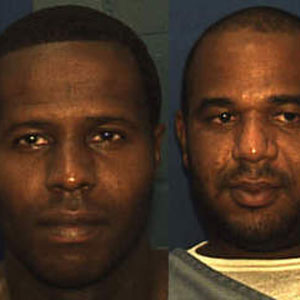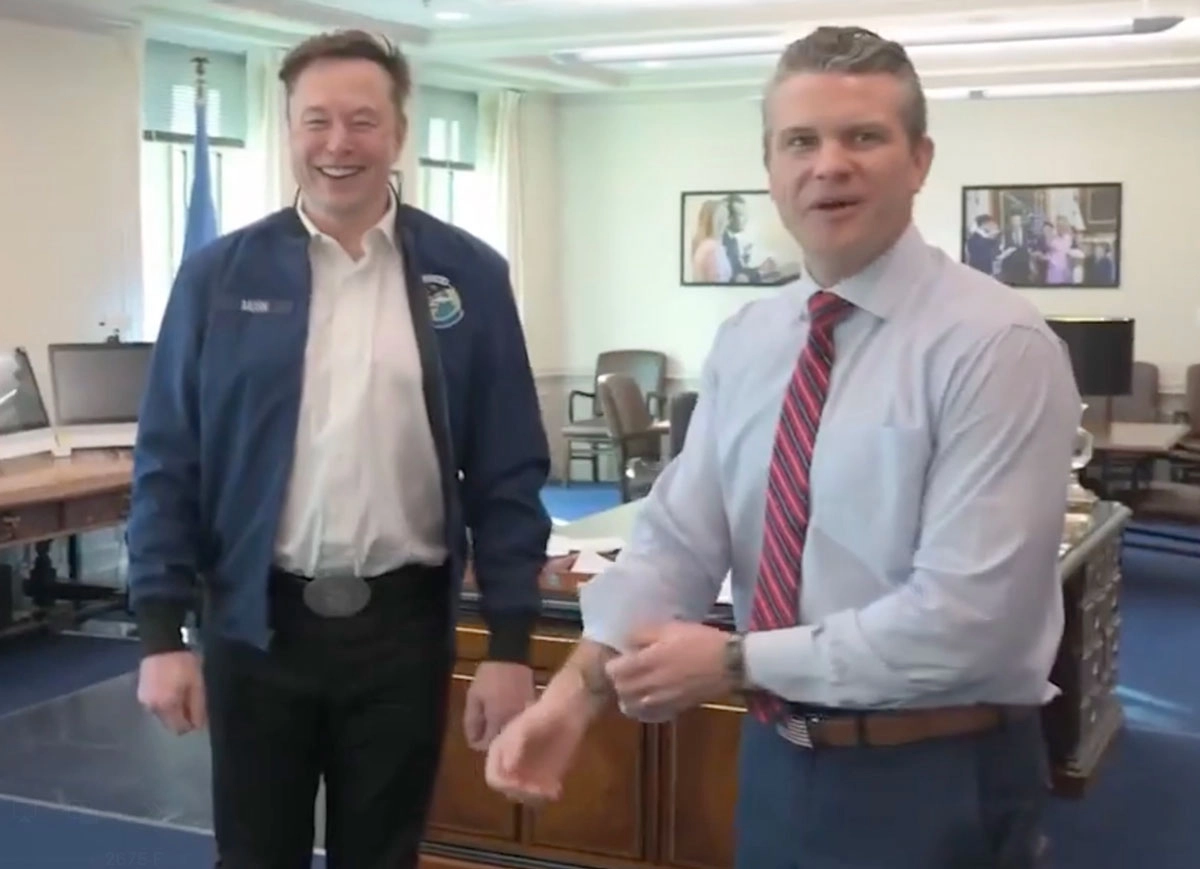Two Florida Men Convicted Of Murder Mistakenly Released From Prison Based On Forged Documents
Joseph Ivan Jenkins and Charles Bernard Walker were serving life sentences at Franklin Correctional Institution in Florida and were both released after producing forged papers correcting a supposed 'illegal sentence' and are now criminals at large.
Jenkins and Walker used fake documents which granted them a reduced sentence on the grounds that the crimes they were convicted of committing did not merit a life sentence. Jenkins, found guilty of the murder of Rosco Pugh in 1998, was released first, on Sept. 27: a motion on his behalf claiming the charges he was prosecuted for were incorrect was filed Aug. 30. Walker, who was found guilty of the murder of Cedric Slater in 1999, was released on Oct. 8, based on documents that stated that he was found guilty of third degree murder, not second degree murder, filed Oct. 7. The police granted both of their releases and modified sentences of 15 years.
The State Attorney's Office was alerted of the massive error when they received a call from one of Jenkins’ victim’s relatives who wanted to know the details surrounding Jenkin’s release. It is unknown when exactly this call took place, but it has been released that State Attorney's Office notified the Department of Corrections and law enforcement of the escapees on Tuesday, Oct. 15.
The forged documents were reportedly delivered to the Orange County Clerk of Courts office and processed by the book. Nobody noticed that the signature at the bottom of these papers was odd, but once law enforcement was notified, Orange County Chief Judge Belvin Perry, whose signature was forged on the documents requesting the overturning of the unfair sentences and the documents approving the reduced sentencing, was quick to deny ever signing the papers. Perry noted that he was never assigned to either case, and so, these papers would never have come across his desk, even if legally procured.
In an interview, Judge Perry explained how his signature would have been relatively easy to forge due to his extensive involvement in the Casey Anthony trial. Court papers with his signature were shown everywhere (on television, in newspapers, online) meaning anybody with the resources and right technology could have easily gotten his signature off the Internet and copied it. However, Perry also explained that he doubts Jenkins and Walker would have been able to create the documents themselves, given the extensive law expertise necessary to create such well forged documents:
“It is highly unlikely that these documents were produced by the defendants in question,” Perry said.
Richard Hornsby, an Orlando criminal-defense attorney, echoed the idea that Walker and Jenkins were not working alone, saying that he is “confident that whoever drafted these is either a lawyer, has a law degree or works in the criminal justice system.”
Judge Perry notes that there were several small red flags in the paperwork. For example, the papers requesting lighter sentences were both filed by the State Attorney’s office, something Perry says he has never seen in all his years working in the justice sytem.
The Florida Department of Corrections insists that they followed protocol to the letter before releasing the two prisoners.
“Everything came the way it normally comes… Our department followed every protocol and did everything we are supposed it,” Florida Department of Corrections spokeswoman Misty Cash said.
The Florida Department of Law Enforcement is currently investigating the fake documents used for the release and the two culprits do not appear to be cohorts, but could very well be working together, as their paperwork and escape strategies are identical.
In addition, investigators have begun a statewide investigation into Florida’s prison records in an effort to see if this technique has been successful before.
This is not the first time Jenkins, or someone on his behalf, has tried to minimize his sentence with fake papers. In June 2011, papers were filed to reduce Jenkins’ sentence, and it is unclear what prevented the transaction from moving forward. Walker also made a similar attempt in late 2011.
That same year, Jeffrey Forbes, who is serving out a life sentence for shooting Orange County Deputy Adam Pierce in 2005, tried to use the same trick to escape from prison. Forbes was found out when detectives double checked his case in the Florida Department of Corrections database and noticed a discrepancy in his paperwork. The apparent frequency of attempts to use falsified paperwork to garner a release from prison has raised some red flags about the Florida Department of Corrections.
“It is now clear that the use of forged court documents to obtain release from prison is an ongoing threat which all law enforcement, prosecutors, judges, court clerks and prison officials must address and stop,” reads a statement from State Attorney Jeffrey L. Ashton.
“It’s apparent that the system that the Department of Corrections uses in acting upon what appears to be orders needs to be reviewed,” Florida Senator David Simmons said.
Governor Rick Scott also chimed in, saying that finding the two escapees was his first priority:
“Once we’ve resolved this and apprehended these individuals then we’ll find out what we need to do to make sure it doesn’t happen again.”
Florida Department of Corrections Secretary Michael Crews agrees that the main focus should be on apprehending these two men.
“The top priority of the department is the safety of Florida families and we’ll continue working with law enforcement to ensure these men are returned to custody,” Crews said in a statement.
– Olivia Truffaut-Wong
Get Uinterview's FREE iPhone App For Daily News Updates here.
Get the FREE Uinterview iPad app here and watch our videos anywhere.
RELATED ARTICLES
Get the most-revealing celebrity conversations with the uInterview podcast!






Leave a comment